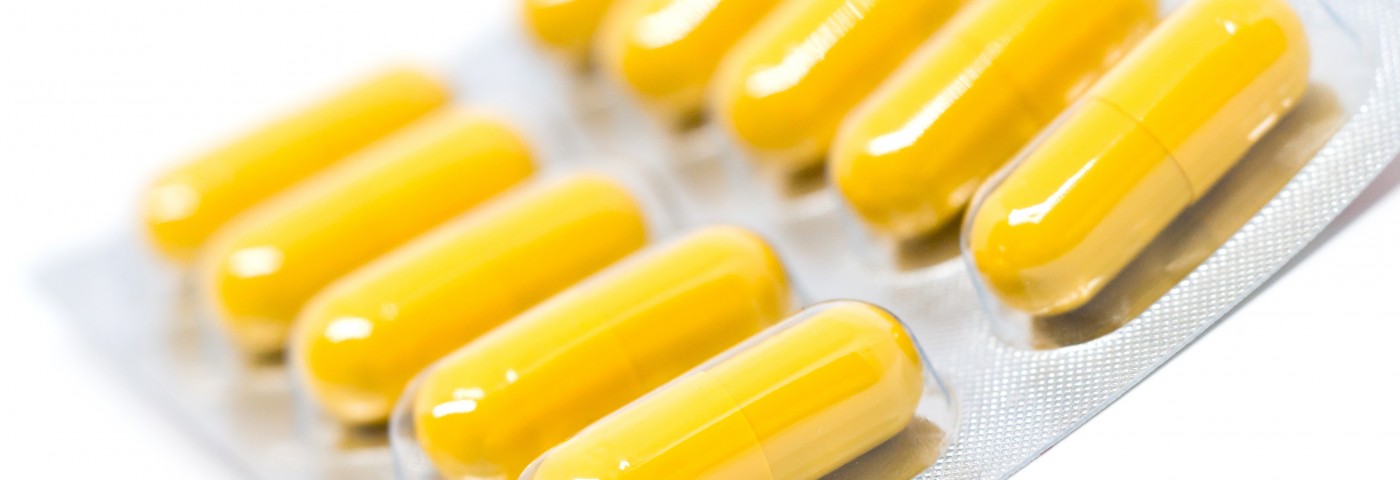An open label study investigating the effects of Killox — an oral tablet formulation of curcumin, resveratrol, N-acetylcysteine, and zinc — in patients undergoing either transurethral resection of the prostate (TURP) or transurethral resection of the bladder (TURB) surgery, found the treatment reduced post-surgical inflammation and complications.
The study, “Anti-inflammatory effects exerted by Killox®, an innovative formulation of food supplement with curcumin, in urology,” was published in the European Review for Medical and Pharmacological Sciences.
Multiple studies have found that curcumin and resveratrol, two natural compounds, have anti-inflammatory effects. But many studies also show that, when ingested, both curcumin and resveratrol have poor bioavailability — they do not reach plasma concentrations high enough to elicit effects in humans because of their poor absorption and rapid metabolism.
Killox, developed by the Italian pharmaceutical company Labomar, is a modified formulation of the compounds using Labomar’s Enterosoma technique, allowing better absorption.
The study, performed at the Regina Pacis Hospital, San Cataldo, Italy, enrolled 100 participants. A total of 50 received the drug following TURP or TURB surgery, and the other half received no anti-inflammatory treatment. Participants underwent surgery at the hospital between November 2014 and June 2015.
Killox tablets were administered twice a day to 40 TURP patients for 20 days, and to 10 TURB patients for 10 days. There were no differences in characteristics between the two groups. In patients receiving active treatment after TURP, all but one completely recovered in 14 days.
In contrast, among controls, 52.5 percent of the 40 patients undergoing TURP, and 40 percent of the 10 TURB subjects, experienced symptoms of inflammation and urinary burning at 14 days post-surgery. Control subjects reporting symptoms at this time point were administered non-steroidal anti-inflammatory drugs (NSAIDs) for one week.
Researchers performed a second medical examination after 120 days to account for late complications, such as urethral stricture and bladder neck sclerosis. Killox-treated patients did not report any late complications, but two patients in the control TURP group experienced a urethral stricture.
No adverse effects were reported among Killox patients, whereas seven patients receiving NSAIDs experienced nausea and stomach pain. Killox also did not interfere with other medications given as treatment.
One of the three study investigators, Dr. Andrea Fratter, is also a manager for Technology Innovation at Labomar Research, the research and development arm of the company that developed Killox. The other researchers reported no conflict of interest regarding the study.
If confirmed through other studies
, these findings could represent a promising development for patients undergoing prostate or bladder surgery.

